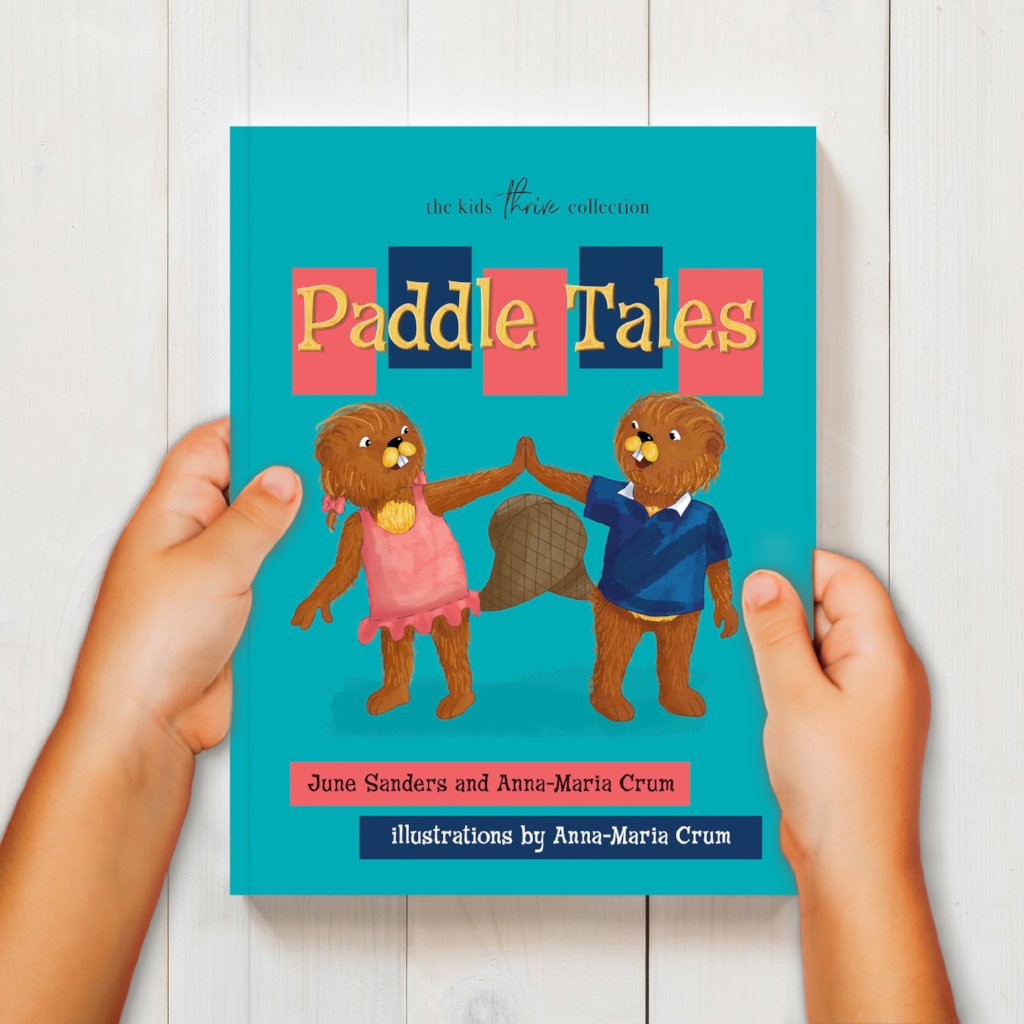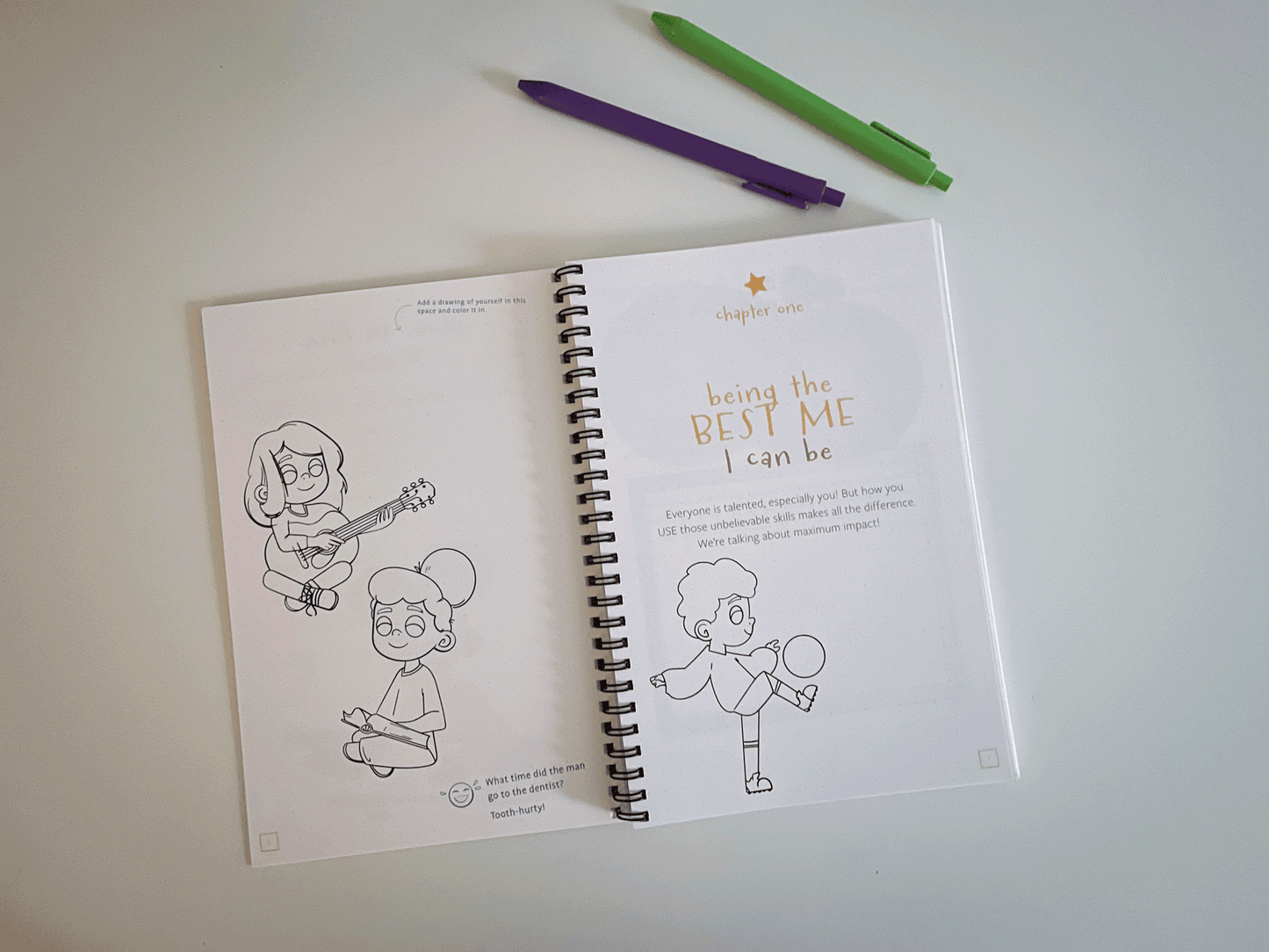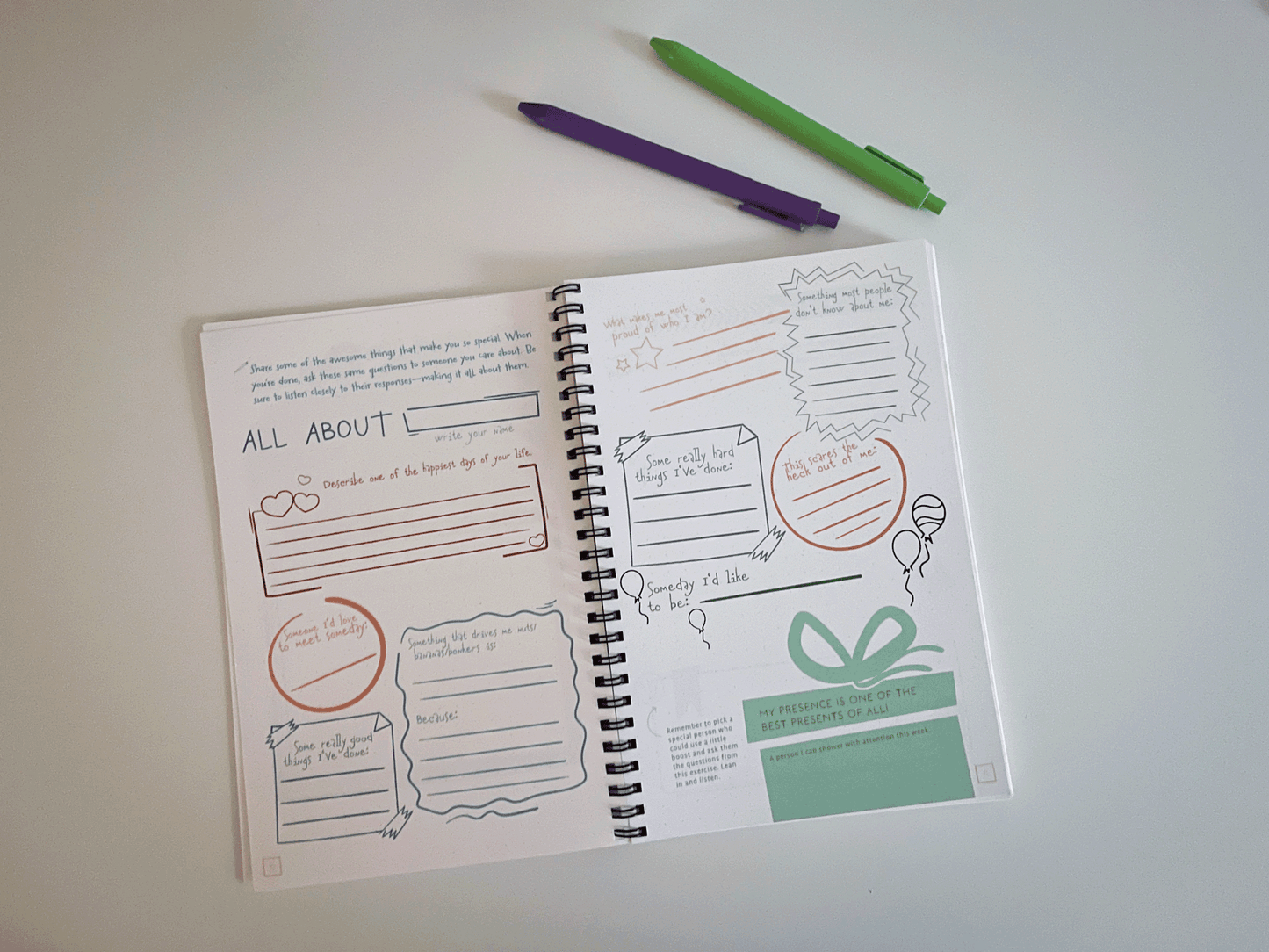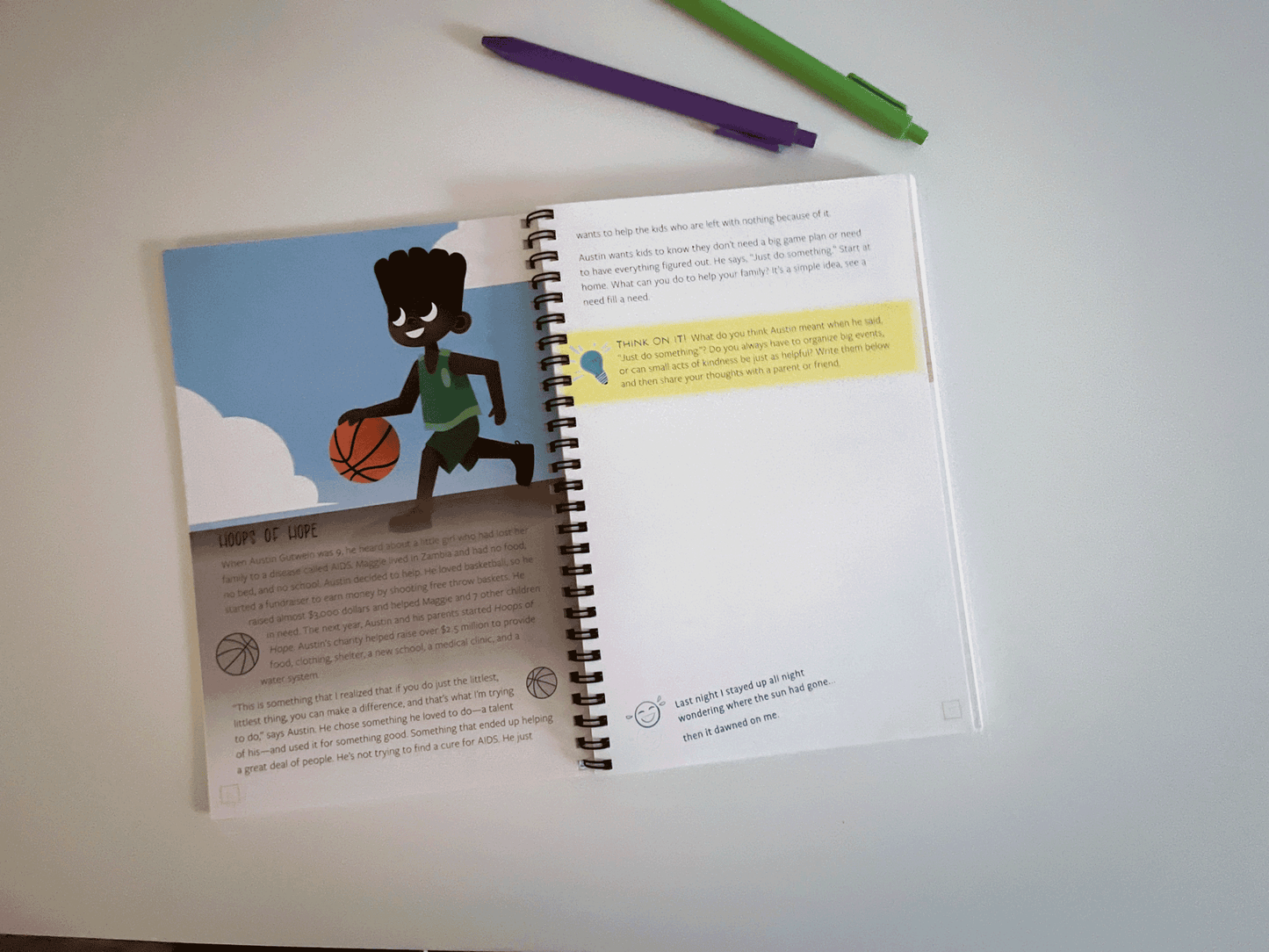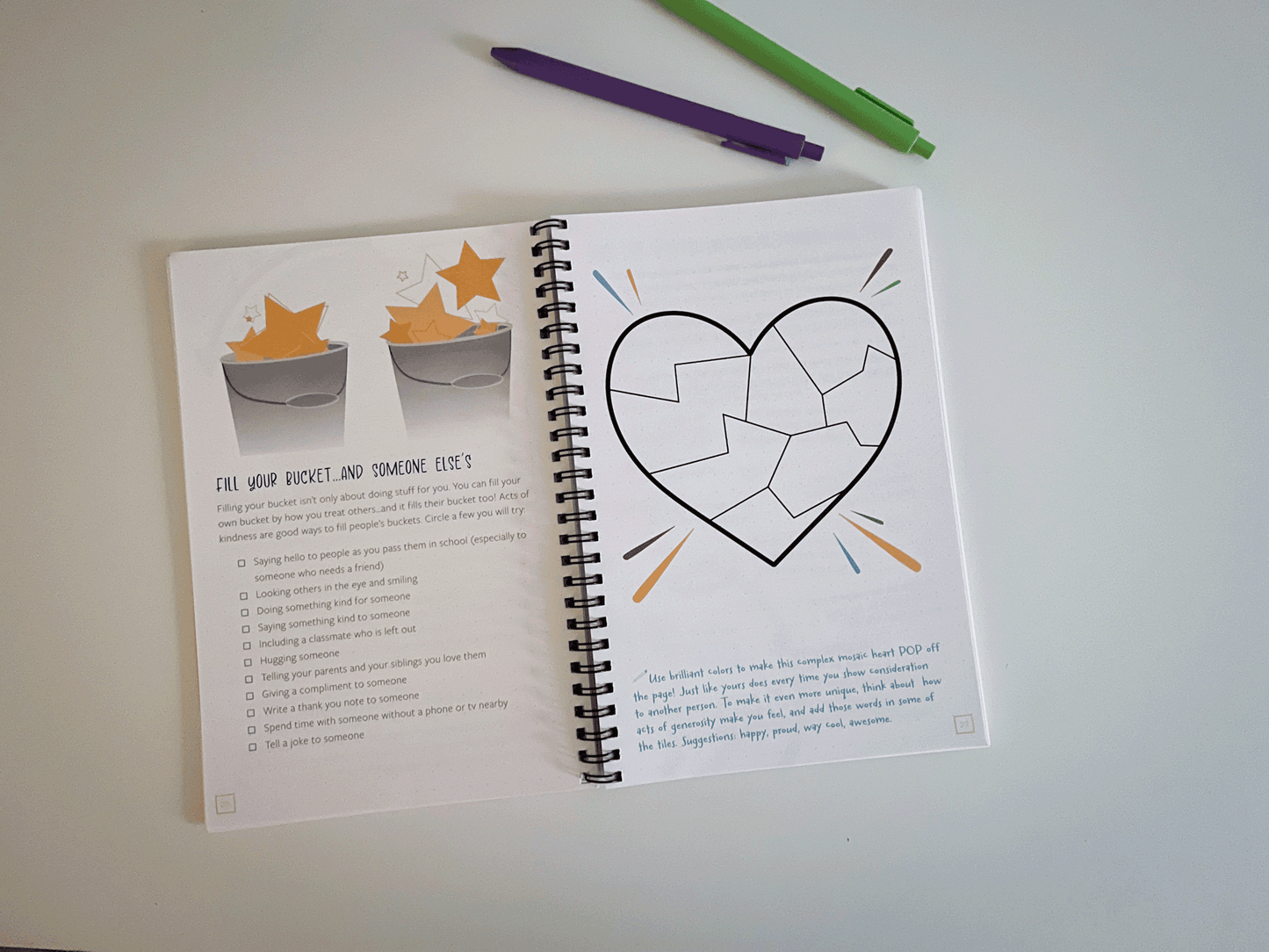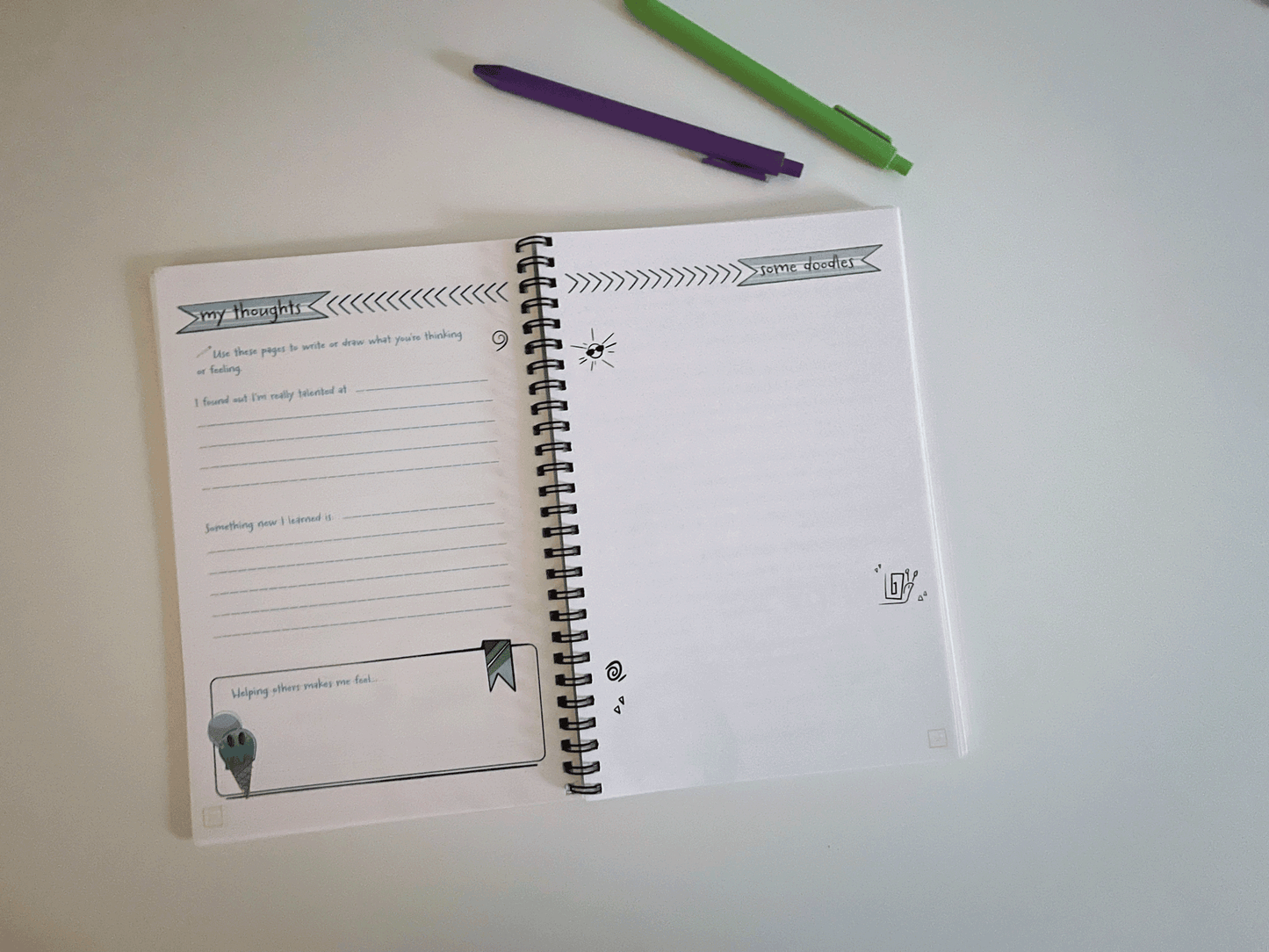Talking to Kids About Tough Topics
Mary Jo GerdRecently, over light dinner conversation— “Could you please pass the ranch dressing?” —our 12-year-old said something that made my husband and me do a near spit take.
“Errr… Wuh?!”
If there had been a big red emergency exit button to launch us somewhere—anywhere else, rest assured we would have hit it. I doubt I would’ve even waited to make sure my hubs had his own escape plan—this was an “every man for himself” kind of situation.
Alas, with no panic button in sight, I took a deep breath and uttered, “Hmmm. Now, what exactly happened today? I’m kind of confused.”
I realized after a more thorough re-telling of the story, my son was simply repeating something that a classmate had shouted out during an assembly. He wanted to understand why a seemingly minor offense was met with such severe punishment from the teachers. Suffice it to say, he didn’t grasp the vulgar sexual nature of the comment, but he had an inkling something more was going on.
I’m not going to sully the pages of this blog by repeating the crass words of an impulse-control-challenged youth. Nor did I go into detail with my children about the student’s possible intended meaning, as it was not age-appropriate. But my husband and I calmly took the time to explain that it was of a sexual nature and extremely inappropriate because it undermined people’s innate human dignity by considering them objects rather than thinking/feeling humans who deserve more. We congratulated our son for talking to us about it and reiterated that we were grateful that he understood that he could approach us about any topic without any repercussions. I offered a brief warning to all of my kids that the comments should not be repeated unless it was privately to their dad or me for follow-up questions down the road. My kids seemed satisfied by the answer.
After dinner, my husband and I embraced like two hostages just sprung free. Another crisis averted. As terrifyingly awkward as that dinner conversation had been, we were also very grateful. In the past, we had intentionally broached taboo topics like human sexuality with our kids, so impromptu instances like this one, while seriously nerve-wracking, resulted in true connection and trust.
It got me thinking… in addition to sex, are there other topics that parents (myself included) tend to consider just too hard to broach? Topics, while understandably complex, when avoided can result in them missing out on good foundational teaching/guidance from us? And potentially leave them vulnerable to harm? What other subjects do we tap dance around, adding to the confusion, rather than reassuring our children by confronting them? Will kids turn to peers for information if they think we’re not willing to talk? Consider the following subjects:
- setting personal & physical boundaries
- abuse
- bullying
- pornography
- racism
- addiction
- disabilities
Another possible concern about addressing that scary list—does talking about these topics rob kids of their innocence?
According to most psychologists, not if it is done in an age-appropriate way that empowers kids to think for themselves. Liz Kleinrock, an education consultant on complicated topics, stresses the importance of “building a common language” with children by “de-stigmatizing so-called taboo topics.” She says, “deliberate avoidance speaks volumes.” Also, our negative responses to our children’s legitimate questions or comments can potentially result in life-long implications for a child—shame, misunderstanding, and hurt. She asserts that you do a disservice to a child by assuming they can’t understand something. While it can undoubtedly feel like navigating a minefield, there are indeed productive ways to approach tough topics that inform, while maintaining the dignity of the child and building parental trust. Besides if we don’t offer our input as our children’s primary educators, someone else will.
Taboo Topic Tactics:
Plan ahead with your spouse to talk about sensitive subjects, so you’re not caught completely off-guard. In other words, don’t wait until a child asks why a beloved minister has stepped down due to a scandal to discuss how people can abuse power. Instead, reference characters in a book or share your own childhood experiences that are long passed. Coming at topics with a level of calm is key because the child is reassured and feels safe. We can maintain a level of dispassion when engaging on a topic that feels neutral, but when we’re personally invested it is much more difficult.
Ease into it with age-appropriate language & detail. How you speak to a 4-year-old will vary drastically from how you discuss a tough topic with a tween. Keep in mind, difficult subject matter is never a “one-and-done” conversation. How many times have you heard, “We’ve already had the talk.”? Hard topics merit regular revisiting, not just a single discussion. As the child grows and matures, they can grasp the concepts more fully, so come back to it often. Look for natural segues for broaching the topics. If you’re brushing your daughter’s hair that might more easily transition to a quick chat about appropriate touching. You don’t have to have a super deep conversation at the onset. Let their comfort level and questions be helpful indicators as to how you progress.
Encourage questions and remind kids no topic is ever forbidden. A parent should avoid responding with disapproval or anger which shuts down important dialogue. Also, consider asking questions to them. “Ever wondered why we set limits on video games? There’s a real concern about addiction. Have you heard that word?” And repeat often to your kids that no questions are bad. Express your willingness to discuss anything. It doesn’t mean you’ll see eye to eye, but a relationship means you need to talk about the hard things. And be sure to give ‘em an atta boy when they do reach out with hard-hitting questions.
It’s OK to NOT have all the answers. Not only do kids appreciate this because it makes them feel less inadequate, it humanizes a parent. Building intimacy/communication bridges requires vulnerability and honesty on the parents’ part. Give yourself time to figure out an answer and tell them you’re going to give it real thought. This also conveys that you’re giving their concerns the weight they deserve.
Ultimately, you are the person who gets to make the major calls about how to deal with sensitive topics in your family—not me, your neighbors, or your school. By being intentional parents, you’re already on your way to growing a family of character. You go, mom & dad! And oh yeah, still waiting on that ranch dressing…
